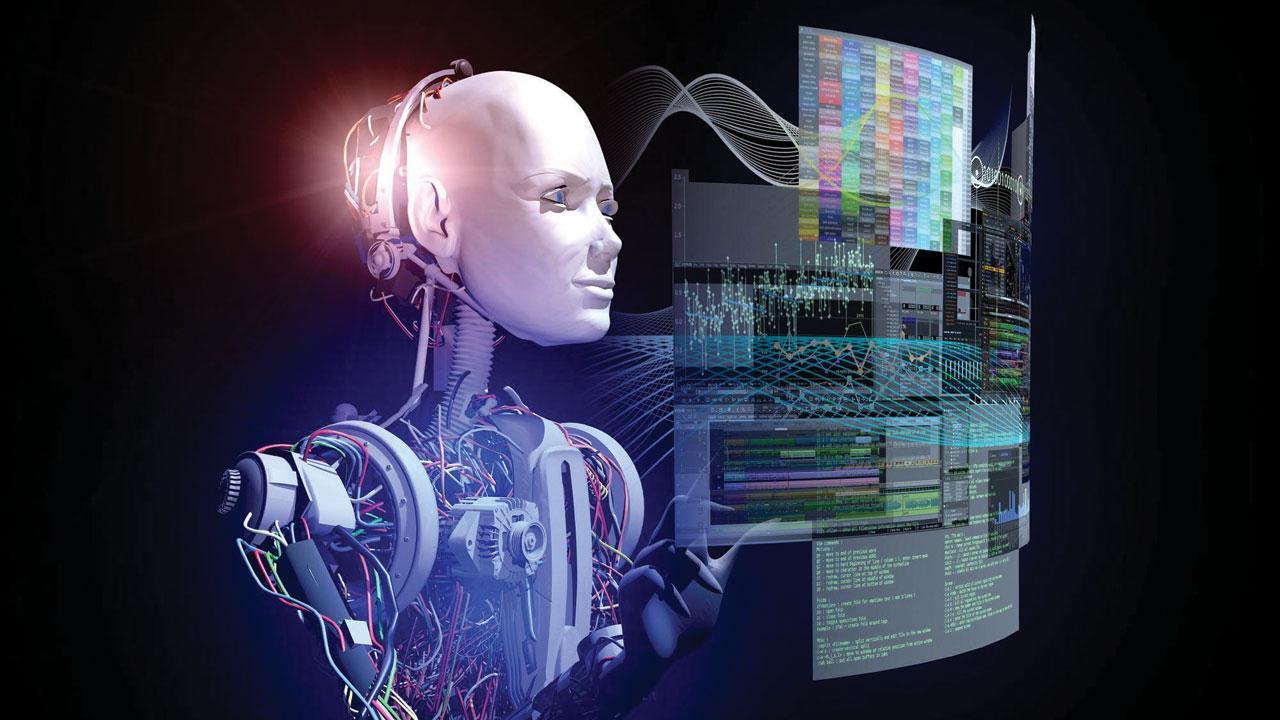The research team applied their AI-based model to the COVID-19 pandemic and developed a machine learning software to study patterns

Representation Pic
Scientists have developed a novel machine-learning system—a type of artificial intelligence (AI) application —that can track the detailed evolution of epidemic viruses and predict the emergence of viral variants with important new properties. In a paper in Cell Patterns, the scientists demonstrated the system by using data on recorded SARS-CoV-2 variants and COVID-19 mortality rates.
ADVERTISEMENT
They showed that the system could have predicted the emergence of new SARS-CoV-2 variants of concern (VOCs) ahead of their official designations by the World Health Organisation (WHO). The findings point to the possibility of using such a system in real-time to track future viral pandemics.
“There are rules of pandemic virus evolution that we have not understood but can be discovered, and used in an actionable sense by private and public health organisations, through this unprecedented machine-learning approach,” said William Balch, Professor in the Department of Molecular Medicine at Scripps Research Translational Institute in the US.
For the study, the team applied their approach to the COVID-19 pandemic. They developed machine-learning software, using a strategy called Gaussian process-based spatial covariance, to relate three data sets spanning the course of the pandemic: the genetic sequences of SARS-CoV-2 variants found in infected people worldwide, the frequencies of those variants, and the global mortality rate for COVID-19.
This story has been sourced from a third party syndicated feed, agencies. Mid-day accepts no responsibility or liability for its dependability, trustworthiness, reliability and data of the text. Mid-day management/mid-day.com reserves the sole right to alter, delete or remove (without notice) the content in its absolute discretion for any reason whatsoever
 Subscribe today by clicking the link and stay updated with the latest news!" Click here!
Subscribe today by clicking the link and stay updated with the latest news!" Click here!







